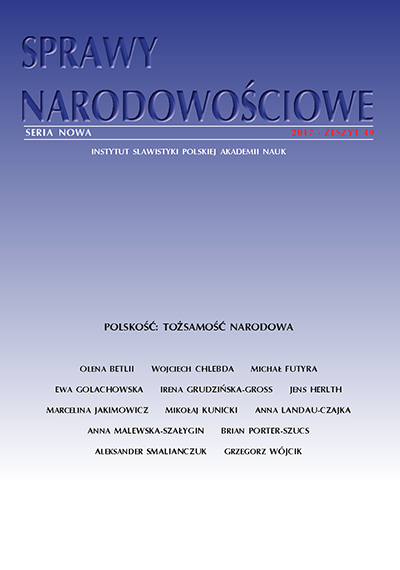Non-citizens in Latvia: Is it a real problem?
Non-citizens in Latvia: Is it a real problem?
Author(s): Aleksandra Kuczyńska-ZonikSubject(s): Politics and society, Demography and human biology, Transformation Period (1990 - 2010), Migration Studies
Published by: Instytut Slawistyki Polskiej Akademii Nauk
Keywords: citizenship; non-citizens; statelessness; naturalization; Latvia;
Summary/Abstract: Following the restoration of independence in 1991, Latvia has introduced restrictive citizenship strategy involving citizenship only to those who had it before the Soviet occupation, and to their descendants. As a result, about one-third of the population in Latvia—the former citizens of the Soviet Union who had immigrated to Latvia during the Soviet period—received the status of ‘non-citizen’. In the 1990s, political discourse on the citizenship policy dominated in Latvia. Exclusive Citizenship Act was criticized by international institutions, including the UN, EU, OSCE and CoE. As a result of international pressure Latvia has introduced appropriate amendments to facilitate access to citizenship for non-citizens. Non-citizens and stateless in Latvia represent 11.8% and 0.01% of the population, respectively, which is more than 252 thousand residents of Latvia. It means that non-citizenship phenomenon has not been resolved completely. A few Latvian regulations restrict non-citizens and stateless to participate in elections, occupy public positions and offices, and travel. This article addresses the problem of non-citizenship as a second matter of concerns in Latvian domestic policy. While limitations for non-citizens implicate their political, economic and social status, Latvian authority is far from granting citizenship to non-citizens in ‘zero option’ procedure.
Journal: Sprawy Narodowościowe
- Issue Year: 2017
- Issue No: 49
- Page Range: 0-0
- Page Count: 11
- Language: English

